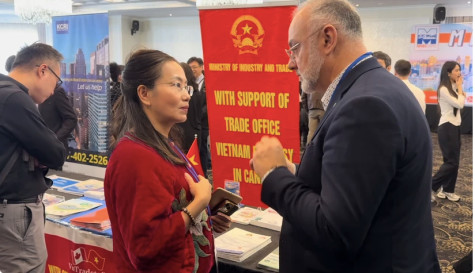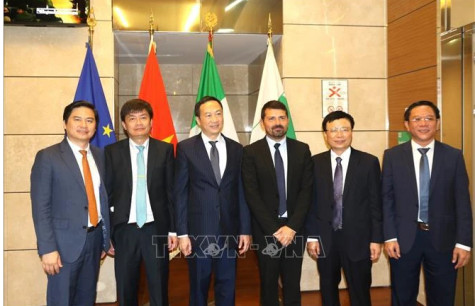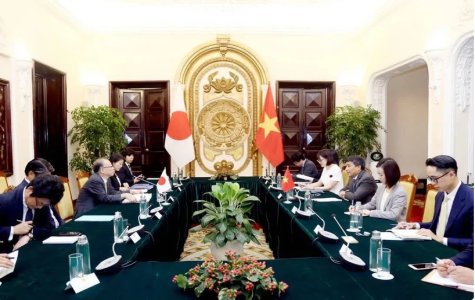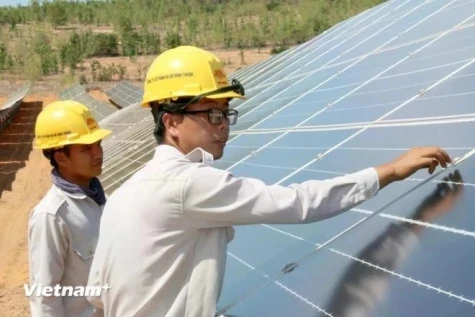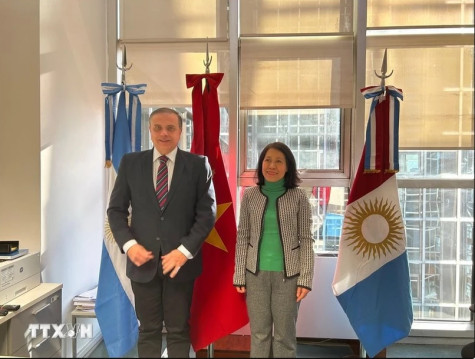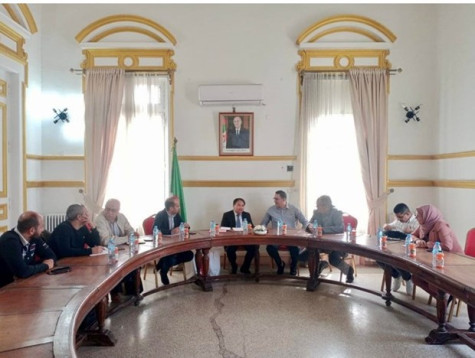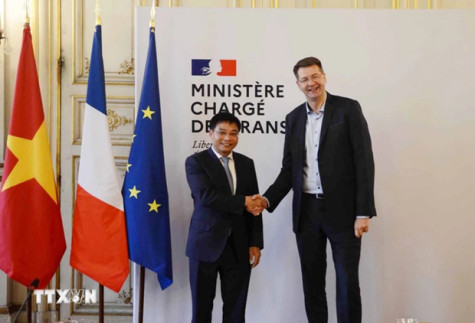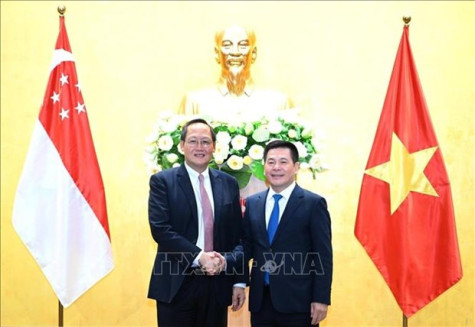Besides its numerous benefits, the Trans-Pacific Partnership will bring a slew of challenges to the Vietnamese textile, apparel and footwear sectors.
Signed on February 4 in New Zealand, the historic Trans-Pacific Partnership (TPP) aims to boost trade between its 12 member countries by lowering tariffs. As the world’s major exporter of textiles, garments and footwear, Vietnam is expected to benefit greatly from the trade deal.
For example, the average taxes on textile products exported from Vietnam to the US, a TPP member and the largest importer of made-in-Vietnam garments, will gradually decrease to zero from the current level of 17%.
Overall export turnover is forecast to reach US$55 billion in 2020, and the Vietnamese textile and garment industry will expectedly grow by 25% a year after the TPP takes effect.
It is thus understandable that the Vietnamese textile, apparel and footwear industries have greeted the trade deal with feverish enthusiasm. However, it should be noted that aside from these opportunities, the TPP also presents Vietnamese firms with numerous challenges.
Specifically, the “yarn forward” rule from the TPP states that Vietnamese exporters must use fabrics and textiles either from local sources or other TPP members if they wish to benefit from lowered taxes. This has proved to be challenging for Vietnamese textile and footwear firms, that now import the majority of their materials from China, a non-TPP member.
Researchers from Bao Viet Securities said in a recent report on TPP that 70-80% of textile and footwear materials in Vietnam were currently imported from non-TPP countries, with imports from China accounting for 42%.
Meanwhile, the domestic fabrics and textile industry remained underdeveloped, and mired by a lack of diversity and low product quality. “Thus it’s likely that most Vietnamese textile firms will not benefit from the TPP’s lowered tariffs unless they invest in raw materials supply.”
Additionally, supporting industries for the textile and footwear sectors often require great capital and high standards of anti-pollution measures, which can be challenging for Vietnamese firms. In a recent press interview, Vu Duc Giang, chairman of the Vietnam Textile and Apparel Association, noted that textile and dyeing were major causes for water pollution due to their high levels of sewage.
“As a result, the development of these supporting industries in Vietnam for the TPP must go hand-in-hand with protecting the environment,” Giang said.
Furthermore, various investors from non-TPP markets, such as China, the Republic of Korea (RoK), and Taiwan (China), have recently built weaving and dyeing factories in Vietnam to comply with the “yarn forward” rule of the TPP.
There are concerns that this may discourage the development of the domestic supporting industries. Foreign textile firms may receive all TPP tax reductions instead of Vietnamese companies.
“It remains unclear to know whether the TPP will benefit Vietnamese or foreign firms more, especially as overseas investors have already rushed to build their own fabric factories in Vietnam while the domestic supporting industries are still struggling,” noted a Vietcombank Securities forecast report 2016.
Experts suggest that Vietnam should focus on solving these problems during the upcoming two-year ratification period, when the TPP gets approval from the member countries’ legislative bodies before taking effect.








